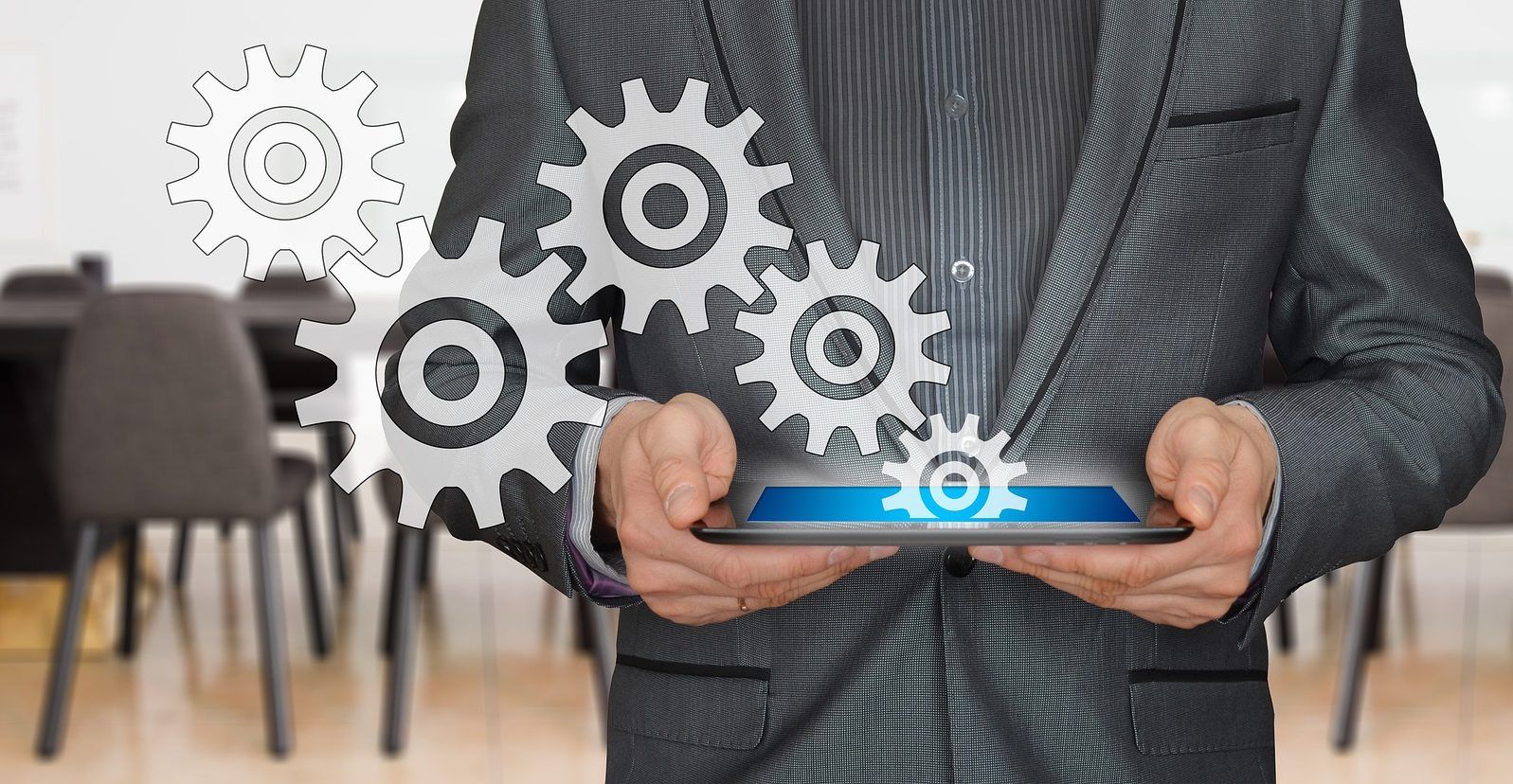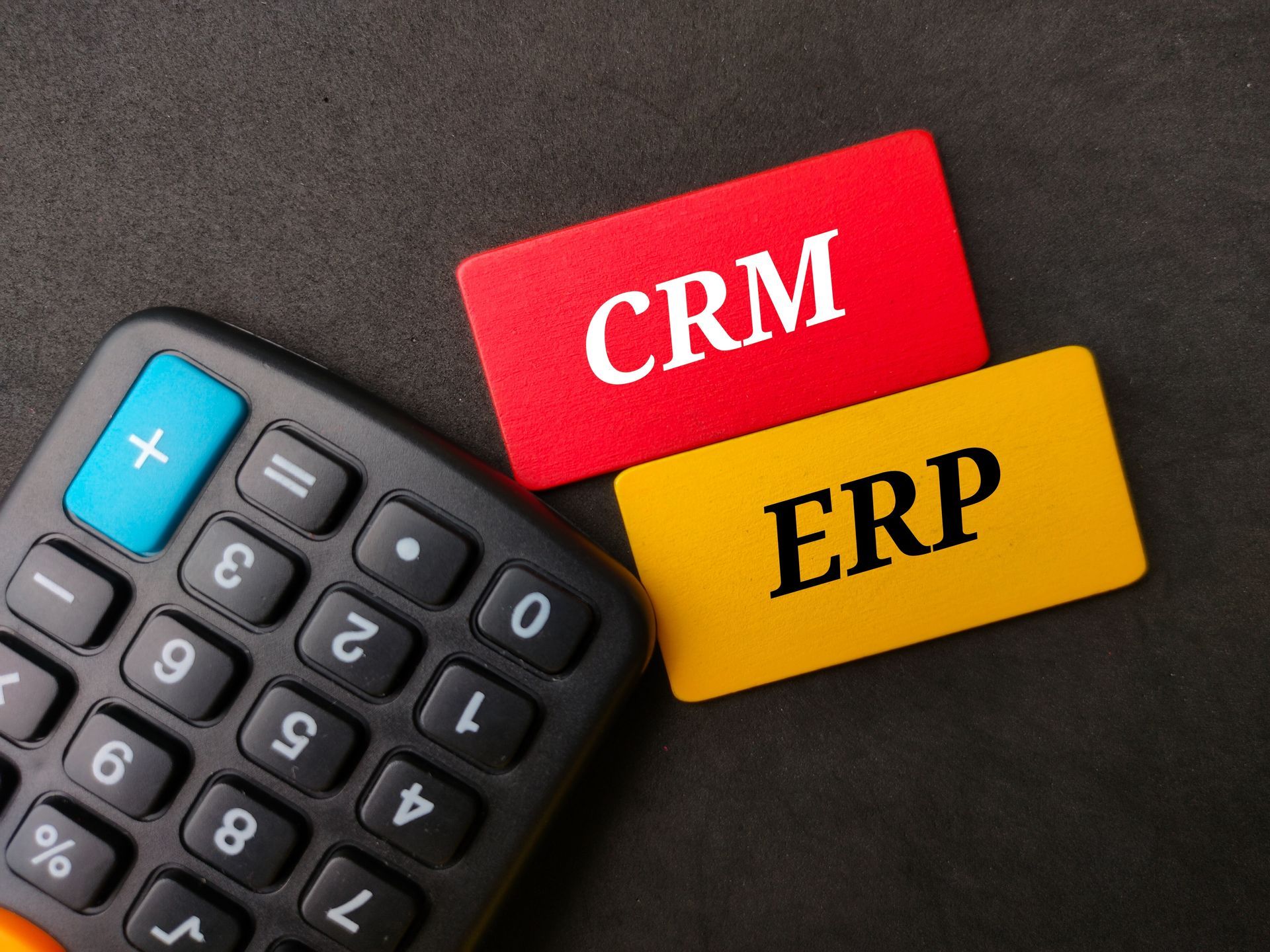Delving into ERP vs CRM, one needs to make a detailed comparison to decide as Enterprise Resource Planning (ERP) and Customer Relationship Management (CRM) are the most common software tools businesses use to automate core business activities. ERP connects a company’s financial and operational systems to a central database, allowing it to run successful operations. CRM is used to handle how consumers interact with their companies.
ERP vs CRM
Both ERP and CRM are data storage platforms that touch on several business departments. While they may be developed on the same platform, the software is frequently purchased separately and integrated where necessary.
What is ERP?
Enterprise Resource Planning (ERP) emerged from Material Requirements Planning (MRP), a method for manufacturers to understand and manage all of their resources necessary to run a successful company. ERP is a centralized database that all parts of an organization use. This entails finance, including the general ledger (GL), accounts payable, accounts receivable, payroll, and financial reporting at its most basic level.

ERP also includes product management, order management, procurement and distribution, supply chain management, and data concerning service businesses. ERP touches on procurement, production, distribution, and fulfillment as well. ERP systems may also provide Human Resources Management Systems (HRMS), Customer Relationship Management (CRM), and e-commerce.
What is CRM?
The goal of CRM is to create a single, central location for all customer information so that it may be tracked throughout the customer journey. Businesses can use data and analytics to make more informed decisions on which customers to pursue greater income, how sales teams are doing, how to service clients properly and appropriately, etc. Customer service can use a centralized CRM system to identify whether clients have outstanding customer support issues, allowing them to react appropriately. Alternatively, customer care may rapidly determine whether a caller is a high-value client or a potentially high-value one and direct them to the appropriate service level.
What is the difference between an ERP and a CRM?
While the entire company will rely on ERP and CRM systems, the fundamental distinction between these two technologies is that ERP focuses on financial data. In contrast, sales and customer service departments use CRM to handle customer information. CRM is often referred to as the front office, while ERP is known as the back office. Some ERP systems include a CRM component, while some do not. However, CRM software systems do not have ERP elements. Salesforce.com, for example, is not an ERP system because it does not manage transaction-based data. It may access order history or invoices, but they are imported via an integration with the ERP system.

Both ERP and CRM are business software that uses a relational database to store and analyze data. Both are supplied via a traditional on-premises approach or software as a service (SaaS). The vendor maintains the tool in its own data center, and customers access it through the cloud. CRM systems were quicker to migrate to the cloud since they were easier to build. Companies were initially wary of putting financial data in the cloud.
Why do organizations need both CRM and ERP?
Most businesses, from small and midsize firms (SMBs) to large enterprises, will eventually require both an ERP and a CRM system – or a single platform for both. When businesses run their financials on entry-level accounting software like QuickBooks or even spreadsheets, they frequently seek an ERP system when those systems prove to be restraining their growth, inefficient, or just too basic. This is also true for firms that use individual sales agents’ email clients, spreadsheets, or contact management systems to manage their customer interactions.
The business model of a firm will influence whether it invests in CRM or ERP first. A firm with a small number of high-value clients and complicated financials may be more likely to invest in an ERP system first, whereas one with simple financials and a huge client base that needs regular contact might go for a CRM system. However, both systems are required by most businesses.
How does ERP support CRM?
A technical connection, rather than having two sets of data, is required to transmit B2B and sales data between ERP and CRM systems. When performing an upsell or cross-sell campaign, a sales representative, for example, might wish to look up a customer’s order history, credit status, and outstanding payments. To calculate sales commissions, for example, the finance department might need access to the CRM system if they’re processing payroll or bulk order discounts. An ERP-based CRM system also has advantages for company executives who want to evaluate pricing structures and manage KPIs like client acquisition costs and customer lifetime value (CLV) using a consolidated approach. The CLV can be estimated using a customer lifetime value calculator.

The configuration, pricing, and quotation (CPQ) procedure is a typical integration between CRM and ERP that many organizations execute. CPQ applications need data from both the CRM and ERP systems to work effectively. Most CRM and ERP solutions include prebuilt connections between them, which are provided by a third-party partner. These integrations, on the other hand, may be pricey and time-consuming to maintain when the CRM or ERP system is upgraded.
Is Salesforce an ERP or CRM?
Salesforce is a CRM platform, not an ERP system. Salesforce CRM offers several important sales and service capabilities, but it does not include ERP tools such as inventory, manufacturing, supply chain, or financial management.
Is Microsoft Dynamics an ERP?
Microsoft Dynamics AX is a multi-site, multi-country ERP system that helps medium and large businesses run efficiently across the globe. With a robust and adaptable industry infrastructure in Microsoft Dynamics AX, you may standardize procedures, give visibility throughout your organization, and simplify compliance. Microsoft Dynamics AX has been rebranded as Microsoft Dynamics 365 for Finance and Operations. Dynamics 365 is a cloud-based business applications platform that combines components of Customer Relationship Management (CRM) and Enterprise Resource Planning (ERP), as well as productivity apps and artificial intelligence technologies.





